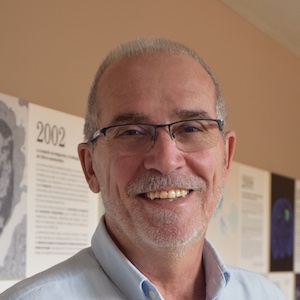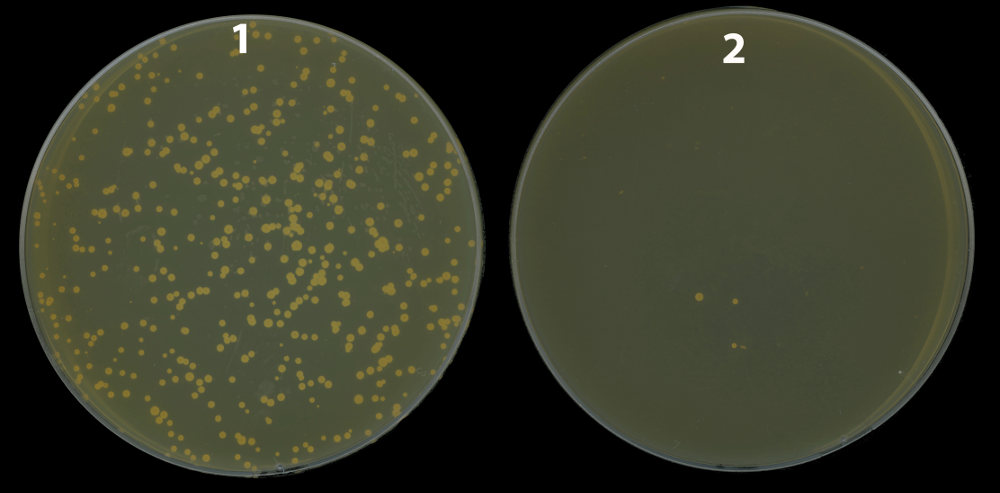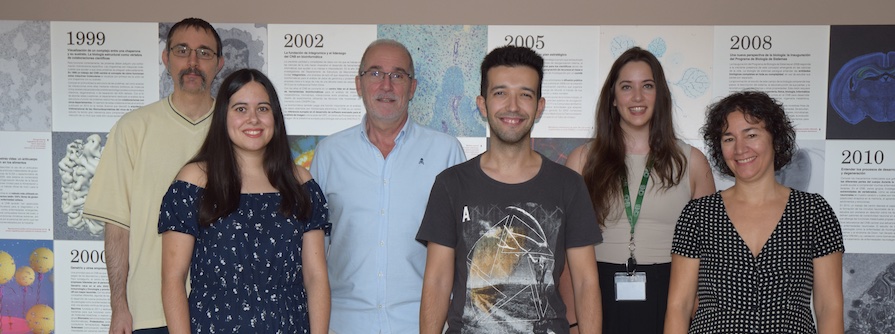Stress and Bacterial Evolution
RESEARCH GROUPS

Jesús Blázquez
Group Leader
Research Summary
We try to understand the genetic mechanisms involved in genome stability in bacteria and their roles on evolution and adaptation. Specifically, we study both stable and induced hypermutation/hyper-recombination as “bacterial strategies” to speed adaptation to environmental stress, including antibiotic challenges. This knowledge may be useful to i) prevent the development of antibiotic resistance in bacterial pathogens (e.g. Escherichia coli, Pseudomonas aeruginosa, Mycobacterium tuberculosis, etc) and ii) to improve prokaryotic species of industrial interest (e.g. Streptomyces).
Research Lines
- Regulation of hypermutation and hyper-recombination.
- Transcriptional regulation of specialised DNA polymerases (SOS regulon)
- Regulation of mismatch repair
- Effect of antibiotics on bacterial mutation and recombination: antibiotics as promoters of antibiotic resistance?
- Genetic basis of genome stability in prokaryotes lacking a canonical MutS-MutL-based DNA mismatch repair (MMR) system: we study alternative MMR pathways in these organisms, including most Actinobacteria (e.g. Mycobacterium, Streptomyces, etc) and their effect on the evolvability, including acquisition of antibiotic resistance.
- Development of hypermutant/hyper-recombinant prokaryotes of industrial interest as biotechnological tools to produce improved biosynthetic or degrading pathways.
- Preventing emergence and evolution of antibiotic resistance: search and characterize compounds able to inhibit the development of antibiotic resistance (by mutation, recombination and horizontal transfer).

A strain of Mycobacterium in which nucS gene has been eliminated (1) produces a high number of mutants resistant to the antibiotic present in the Petri dish (rifampicin). However, the parental strain (with nucS active) produces much less mutants (2)./ Alfredo Castañeda and Jesús Blázquez, CNB-CSIC.
Publications
Group Members
Group Leader
Jesús Blázquez Gómez
Lab assistant
Pablo García Bravo
Staff scientist
Sonia Gullón Blanco
Postdoctoral researcher
Esmeralda Cebrián Sastre
PhD candidates
Isabel Martín Blecua
Ángel Ruiz Enamorado
Laura Romero Paramés

Funding
News
La investigación científica: un camino clave para poner fin a la tuberculosis
Un nuevo estudio liderado por el Consejo Superior de Investigaciones Científicas (CSIC), a través del Centro Nacional de Biotecnología, describe un mecanismo de interacción cruzada (crosstalk) entre distintas especies de bacterias intestinales humanas y un plásmido de relevancia clínica.




